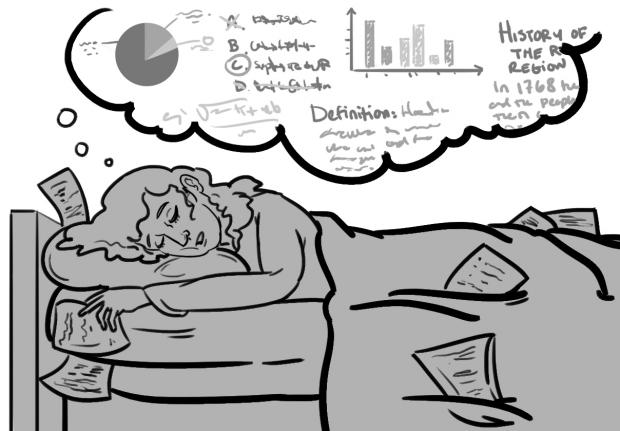
09 Oct Altering brain waves shifts the balance from learning to forgetting.
There have been many studies showing the importance of sleep in relation to memory consolidation. Studies on animals show that the same neurons involved in forming an initial memory are reactivated during sleep to consolidate this memory. In studies with humans, researchers have found that a piano riff is easier to be learned if the person has spent more time in the non-REM sleep stage.
A recent study has focused on the brain waves that occur during sleep and see how either strengthening or dampening them can have an effect on one’s ability to learn or forget. The study, conducted by a research team led by Dr Gangully who is an associated professor of neurology and member of the UCSF Weill Institute for Neurosciences, used a technique called optogenetics to dampen specific types of brain activity in sleeping rats and looked at the effect of this. During the study, they used a dozen rats that were implanted with electrodes that monitored the firing among a small group of neurons in the brain’s motor cortex, a region responsible for voluntary movements. The voluntary movement involved the rats to control a water dispensing tube in their cages. The research team observed the same neurons firing during sleep and showed how well the rats were able to control the water spout the following day.
The team wanted to take their investigation further by controlling the brain waves that occurred during the non-REM sleep, the sleep period known for memory consolidation. The team genetically modified the rats to allow them to dampen brain activity associated with the transmission of specific brain waves. By disrupting delta waves, reactivation of the task associated neural activity was strengthened and associated with better performance upon waking. On the other hand, by disrupting the slow oscillations, performance upon waking was weakened. Further analysis showed that to protect learning, these slow oscillations need to occur at the same time as sleep spindles (a high frequency, short burst of activity).
Overall, these results show that there are brain waves responsible for remembering (slow oscillations) and forgetting (delta waves), and to combat the forgetting, the brain waves need to be paired with sleep spindles. The study also shows that by learning more about these specific waves and their effects on the human mind, we can potentially one day learn how to manipulate them to improve our overall functioning and improving memory consolidation and limiting forgetfulness through the night
Source: https://www.sciencedaily.com/releases/2019/10/191003114039.htm

